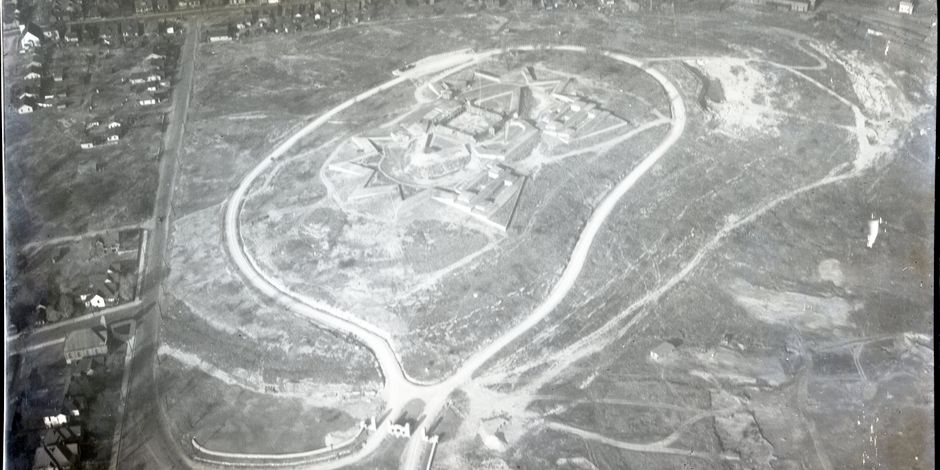Archaeology at Fort Negley Park in Nashville, TN

A nonprofit foundation’s funding campaign is trying to raise $50,000 for critical archaeological work at and around the hilltop fort built mainly by formerly enslaved laborers while Nashville was under Union Army occupation. Historical records show that thousands of black workers helped build the fortifications. Hundreds are known to have died in the process.
Preliminary archaeology work suggests that human remains are beneath the soil of Fort Negley.
“Fort Negley was, paradoxically, one of Nashville’s first and most welcoming symbols of freedom for African Americans,” said Dr. Lea Williams, Associate Professor of African American and Public History at Tennessee State University, who is helping coordinate the campaign. “It offered a release from the generational curse of enslavement and provided hope for those that sought refuge in its shadows.
“We must get to the bottom of the Fort Negley site, and time is short to get the job done,” Williams said. “In 2019, Metro Parks will propose a redevelopment plan for the Fort Negley/Greer Stadium site. Before that happens, private funding is needed to pay for archaeological work that other funding could not cover.”
The Metro Historical Commission Foundation is working with the Metro Historical Commission and Metro Parks to raise funds to complete archaeology at the Fort Negley site. “We need archaeology for better understanding of the site, including the role of African Americans in building the fort, by analyzing the areas outside the fort's walls where the African American community that constructed and maintained the fort was encamped and where many may have been buried during the Civil War,” explained Tim Walker, executive director of the Metropolitan Historical Commission.
“It will also assist us in learning more about the African American neighborhood that grew up around the fort after the war, much of which was later displaced by the construction of the interstate system in the 1960s."